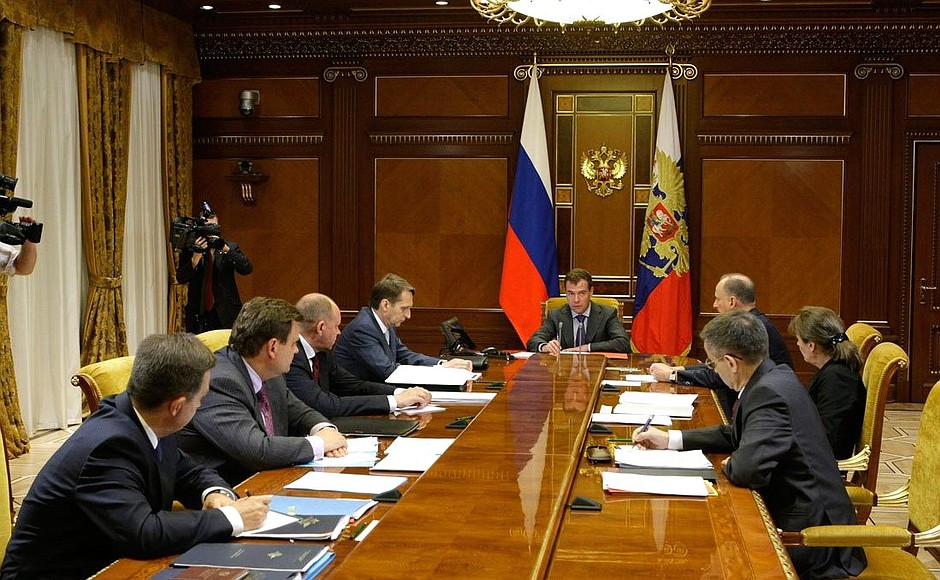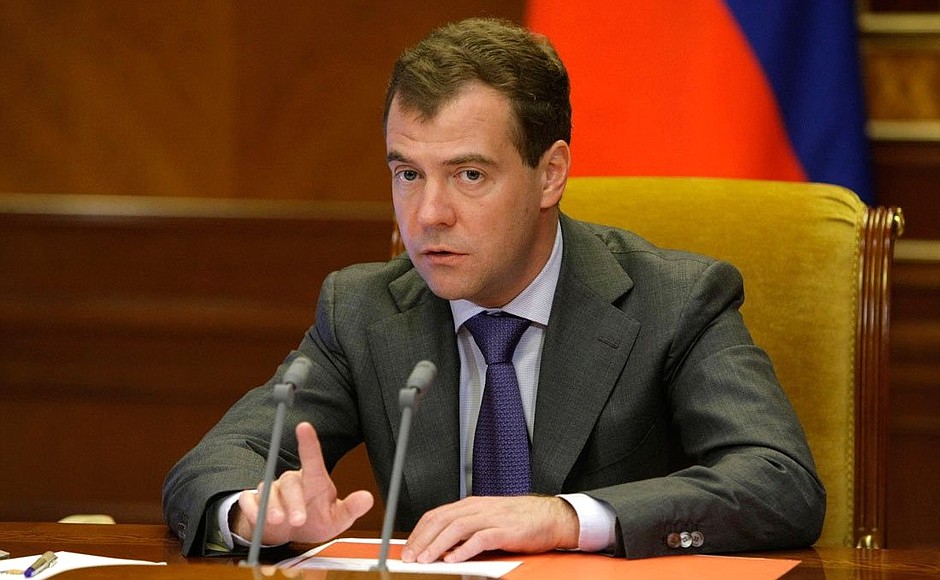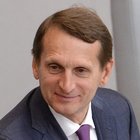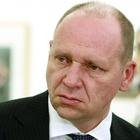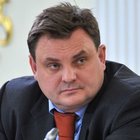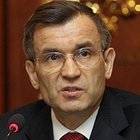The new law On the Police Force must clearly define the rights and responsibilities of police officers and eliminate any provisions that have no clear legal content but that allow Interior Ministry personnel to arbitrarily restrict the rights and freedoms of individuals and organisations, Dmitry Medvedev stressed.
The President said the anti-corruption elements in the law must be strengthened: it is vital to include a list of limitations based on the rules for civilian government officials but taking into account the specific nature of law enforcement work.
In addition, Mr Medvedev believes that in working on the law the emphasis must be given to social components. The President did not rule out the possibility of adopting a separate law to ensure social guarantees for employees of the Ministry.
Mr Medvedev said that public opinion must become the benchmark for evaluating the effectiveness of police work. The President stressed that as soon as the new version of the law is drafted, a broad debate must be organised to gather suggestions from individuals and NGOs.
Taking part in the meeting were Chief of Staff of the Presidential Executive Office Sergei Naryshkin, Deputy Chief of Staff of the Presidential Executive Office Alexei Gromov, Security Council Secretary Nikolai Patrushev, Aide to the President and Head of the State Legal Directorate Larisa Brychyova, Aide to the President and Head of the Presidential Control Directorate Konstantin Chuychenko, Interior Minister Rashid Nurgaliyev, Deputy Interior Minister Sergei Bulavin.
* * *
President of Russia Dmitry Medvedev: Good afternoon, colleagues,
Today we are going to continue with the subject of the Interior Ministry and the police force. We had agreed to hold a meeting on drafting the new version of the law On the Police Force. This law must be absolutely up-to-date, defining the legal status of our police force in line with the requirements of modern times.
“Public opinion must become one of the defining criteria in the police effectiveness evaluation.”
The deadline for drafting the law is December, so we still have time, but I would like to be briefed on the progress made. It seems to me the pace should pick up a bit. When the law is drafted, we will be able to discuss it together and submit it to the State Duma.
I am aware that the Interior Ministry has set up an organising committee, whose members include academics, experts and representatives of public organisations. The concept of the draft law and some of its principles are ready. That doesn't mean however that we will agree with everything and that is why we have met today. But before we start our discussion, I would like to outline a number of key points.
First, we should specify in the law that public opinion must become one of the defining criteria in the police effectiveness evaluation. The police interacts very closely with civil society, to a far greater extent than other law enforcement agencies, special services, prosecutors or courts. For that reason the police should inform the media and public organisations of its activities on a regular basis, and it should not treat that as a formality but in earnest.
We should also look at another issue to be reflected in the law: police officers must have a high level of legal literacy, they must perfectly understand the law, so we need to regularly test them to make sure their background is adequate to the demands of their jobs, their knowledge of the Constitution and other laws, including but not limited to criminal laws and criminal procedure, is sufficient.
“Police officers must have a high level of legal literacy so we need to regularly test their knowledge of the Constitution and other laws.”
It is vital to clarify police powers by reducing the so-called reference rules in the law that have traditionally been used. The law must have a direct effect, it must meet the criteria of certainty and clarity, and it must not be ambiguous. It is necessary to comprehensively define the competences of a police officer; his or her rights and responsibilities should be as specific as possible. Any provisions that do not have clear legal content but allow Interior Ministry personnel to arbitrarily restrict the rights and freedoms of individuals and organisations must be eliminated.
The document we are drafting must have a strong anti-corruption element. There is a lot to do here. We also need to provide a comprehensive list of prohibitions and restrictions. While based on existing prohibitions and restrictions for civilian government officials, it must also reflect the specifics of police service and law enforcement.
We will begin debating the draft law when it is ready. We will certainly need to receive proposals for the draft law from individuals and public organisations, and launch a broad public debate, having first posted relevant information on one of the official websites, for example, the Interior Ministry website. Considering the importance of the draft law, I will submit it to the State Duma myself.
There is one more issue I would like to mention. In the new law, special attention should be given to social guarantees for Interior Ministry personnel. It may be necessary to adopt a separate law to ensure that these social guarantees are comprehensive and sound.
